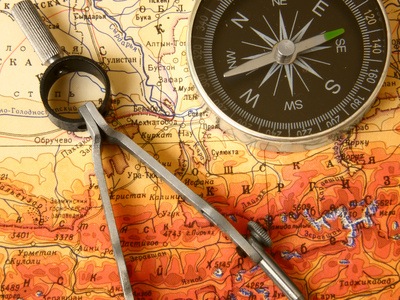A revolution is a fundamental change. We studied the American and French Revolutions, which were big political changes. The Industrial Revolution was a huge change in the way we produced goods. It began in Britain, where innovations in farming led to more productive agriculture. Peasants, no longer needed in the fields, moved to England's industrial cities to work in factories. The steam engine and later machines powered by coal, oil, and electricity replaced work done for hundreds of years by hand. The first locomotives revolutonized transportation. The Industrial revolution produced an industrial middle class, who lived in luxury while the industrial working class toiled six days a week, often working 12 to 16 hours per day. Britain's cities were crowded, busy, and noisy places. Politicians and philosophers of the day argued about all of the new changes, whether they were good or bad, and what they meant for the future.
Presentations
Reading
- 5.1 The Dawn of the Industrial Age
- 5.2 and 5.3 Britain Leads the Way and Social Impact of the Industrial Revolution
- 5.4 New Ways of Thinking
- 6.1TheIndustrialRevolutionSpreads
- 6.2 The Rise of Cities
- 6.3 Changing Attitudes
Activities
- Before and After - Matching pairs
- How much were children paid during the Industrial Revolution?
- Writing with Text Evidence in an Essay
- Writing with Visual Evidence in an Essay
- In text source citations - "to the left, to the left"
- Preparing for the Industrial Revolution Informative Essay
- The History Informational Rubric
- Understanding the Rubric
- Model Informational Essay
Video
- Brainpop - Industrial Revolution
- Child Labor Today in Burkina Faso - video link
- Article on Child Labor in Burkina Faso - PBS
- Charles Darwin BIO
- Controversy over Charles Darwin - Religion and Science
